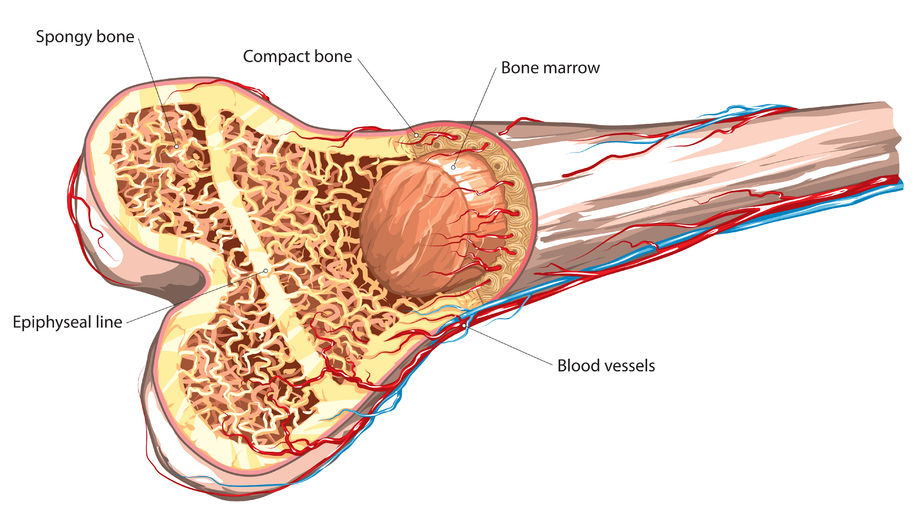What you need to know about Bone Marrow Transplants
Contents
- 1 What you need to know about Bone Marrow Transplants
- 2 What Does the Procedure Involve?
- 3 How Long Should You Stay in the Country?
- 4 How Long is the Recovery Time?
- 5 What Aftercare Should You Consider?
- 6 What is the Success Rate for Bone Marrow Transplant?
- 7 Are there Alternatives to a Bone Marrow Transplant?
- 8 What Should You Expect Before and After the Procedure?
Bone marrow transplant, also called stem cell transplant, is a procedure that replaces bone marrow that has been destroyed or damaged by infection, disease, or chemotherapy with healthy ones. A person may need this procedure if their bone marrow stops producing enough healthy cells. The procedure can be done on people with cancerous (malignant) or noncancerous (benign) diseases, such as acute leukemia, aplastic anemia, bone marrow failure syndromes, hemoglobinopathies, inborn errors of metabolism, immune deficiencies, plasma cell disorders, and many more.
What Does the Procedure Involve?
Bone marrow transplant is not a surgery; it is very similar to blood transfusion. The transplant may use cells from your body (autologous transplant) or from a donor (allogeneic transplant). If you undergo an autologous transplant, the first step is harvesting your healthy stem cells from your blood or hipbone and you will be given a local or general anesthetic. After the harvest and before you get the new cells, you will go through a process called conditioning to kill any cancer cells and to clear out your bone marrow with chemotherapy or radiation therapy, then, within a few days of conditioning, you will receive your new stem cells through your central line.

How Long Should You Stay in the Country?
Some people are able to leave the hospital a few days after the transplant, others need to stay for a couple of weeks. Aim to stay in the local area for at least 4 to 8 weeks for the whole process and initial recovery.
How Long is the Recovery Time?
Typically, you should be able to return to most of your normal activities within three months, but it can take as long as a year to fully recover. Your recovery period depends on various factors, including chemotherapy, radiation, donor match, and the condition being treated.
What Aftercare Should You Consider?
Your doctor will give you detailed instructions regarding diet, exercise, and restrictions. You will remain under close medical care after the procedure and you may need periodic transfusions of platelets and blood cells until your new bone marrow starts to produce enough cells on its own. You will also have regular lifelong checkups with your doctor to monitor your condition.
What is the Success Rate for Bone Marrow Transplant?
Bone marrow transplant is generally safe and effective. According to the National Marrow Donor Program, the one-year survival rate among people who have received their transplant from unrelated donors increased from 42% to 60%. The side effects and risks are graft-versus-host disease (for the allogeneic transplant), stem cell (graft) failure, infections, cataracts, infertility, new cancers, infection, and death.
Are there Alternatives to a Bone Marrow Transplant?
It is important to discuss with your doctor the best alternative to bone marrow transplant as the alternatives will depend on your specific condition. In some cases, chemotherapy, immunotherapy, or radiation therapy is enough.
What Should You Expect Before and After the Procedure?
Before bone marrow transplant, you may have a disease that causes painful symptoms or may be life-threatening. After the procedure, some people are cured of their diseases or put into remission.
For an in-depth analysis of a Bone Marrow Transplant Procedure, watch this short video.
To check prices or to book a Bone Marrow Transplant Procedure in Thailand or anywhere else in the world, head on over to MyMediTravel now!

